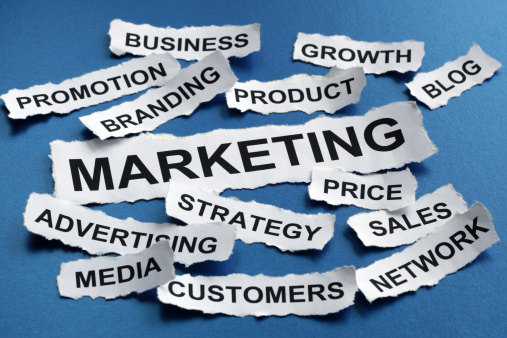 At the end of 2019, the US economy, as measured by Gross Domestic Product (GDP), increased by 4.1% over 2018 to nearly $22 trillion. Economists agreed that 2020 would be another record year of growth unless there was an unforeseen series of events or even worse, an economic catastrophe. It’s always good to have a disclaimer accompany your predictions because, as we all know, an economic catastrophe made its entrance in the form of Covid-19 in March 2020.
At the end of 2019, the US economy, as measured by Gross Domestic Product (GDP), increased by 4.1% over 2018 to nearly $22 trillion. Economists agreed that 2020 would be another record year of growth unless there was an unforeseen series of events or even worse, an economic catastrophe. It’s always good to have a disclaimer accompany your predictions because, as we all know, an economic catastrophe made its entrance in the form of Covid-19 in March 2020.
Here we are in 2022, and our economy continues to find its way out of the darkness. Peter Drucker, who is considered the father of modern management, once said, “Because its purpose is to create a customer, the business enterprise has two — and only these two — basic functions: marketing and innovation.” Covid-19 has paved the way for companies to innovate and disrupt many of the “old” ways of doing business. Global markets are awash in innovative new products and services, technologies and business models, but innovation alone isn’t enough to sustain an organization’s growth. Marketing must lead these innovation efforts.
Even before the pandemic, marketing was declining in importance within the organization and becoming an easy, though I would argue short-sighted, budget cut. Large companies such as Unilever and Procter & Gamble have been reducing their marketing budgets as well as cutting marketing staff over the past several years.
PREMIUM CONTENT: Coronavirus (Covid-19) Resource Center
In a recent Harvard Business Review article, business school professors Thomas Steenburgh and Michael Ahearne explain the importance of marketing in today’s innovation-fueled marketplace. They observe that “[senior] leaders have great confidence in their ability to develop innovations but not in their ability to commercialize them.” They go on to say that breakthrough new products, as opposed to existing or incrementally better ones, require more effective and meaningful engagement with customers. An exciting new innovation may easily capture the attention of some customers’ interest, but in order to drive adoption with a larger audience, marketing is crucial.
But if marketing is so crucial to business today, why is it undervalued and relegated to just another administrative function? Part of the reason is due to the way marketing has come to be defined. Its role has been reduced to the process of customer acquisition. In many cases, what many consider to be marketing is really nothing more than advertising. In fact, I wrote a blog recently pointing out the confusion between advertising and marketing. But marketing is much more than “hawking” a product or service. The American Marketing Association defines marketing as “the activity, set of institutions, and processes for creating, communicating, delivering, and exchanging offerings that have value for customers, clients, partners, and society at large.”
Clearly, marketing needs to regain its value as a crucial part of strategic business planning. Beyond reaching new customers after an innovation is developed, marketing should also be engaged in the process of planning and launching the new innovation. This requires pursuing current markets, expanding them or creating entirely new ones. It must also play a primary role in creating and communicating the organization’s brand. When marketing returns to its place at the table, organizations will see good results turn into great ones.